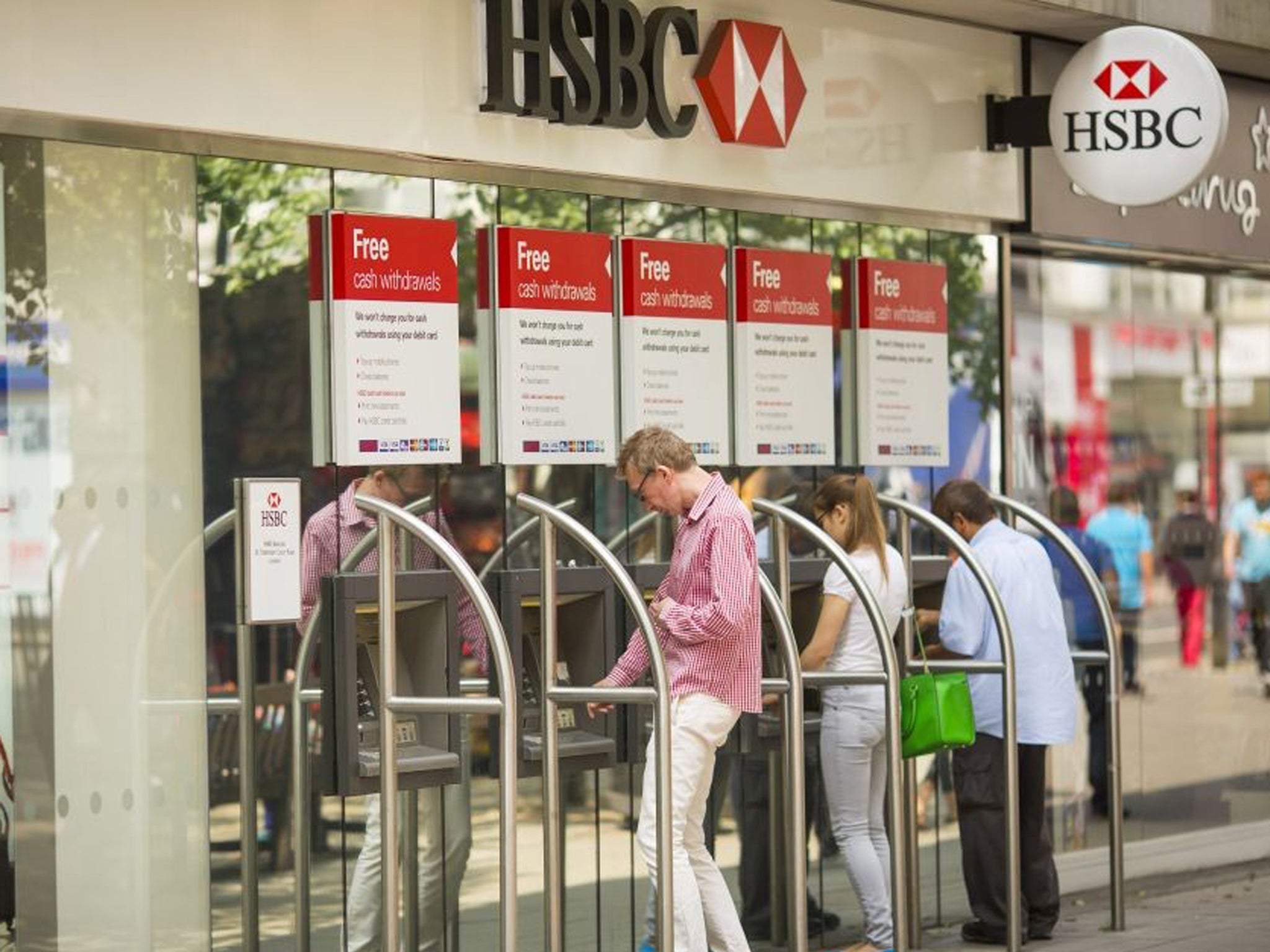The real world decides what you pay, not new Bank of England Governor Mark Carney
Millions of households face miserable prospect of having to work simply to repay their debts

Your support helps us to tell the story
From reproductive rights to climate change to Big Tech, The Independent is on the ground when the story is developing. Whether it's investigating the financials of Elon Musk's pro-Trump PAC or producing our latest documentary, 'The A Word', which shines a light on the American women fighting for reproductive rights, we know how important it is to parse out the facts from the messaging.
At such a critical moment in US history, we need reporters on the ground. Your donation allows us to keep sending journalists to speak to both sides of the story.
The Independent is trusted by Americans across the entire political spectrum. And unlike many other quality news outlets, we choose not to lock Americans out of our reporting and analysis with paywalls. We believe quality journalism should be available to everyone, paid for by those who can afford it.
Your support makes all the difference.I have been warning of the potential effects of rate rises on our finances for a long time. But the background noise surrounding this has been rising of late with the new Bank of England Governor Mark Carney first suggesting an early increase in the base rate and then backtracking.
Regardless of what the Bank and its expensively imported Governor say, the reality with interest rates is that the market will ultimately decide.
Ever since the global financial crisis, there has been such a massive disconnect between the base rate and the real world – what you and I pay on our mortgages, credit cards and loans and earn on our savings – that it almost doesn’t really matter what goes on at Threadneedle Street, apart from quantitative easing, of course.
What really matters is a combination of the cost to lenders of raising funds as well as the state of their balance books.
It is why, for instance, HSBC has been far and away the best mortgage lender to go to since 2008 because its balance sheets are so healthy that it can offer superb rates.
On the flip side, though, you have to be the crème de la crème of customers with a great credit history and lots of your own money to put down.
However, it is the market rather than the bank rate that will decide the cost of lending in the real world.
Barclaycard, the country’s pre-eminent credit card firm, has been writing to customers telling them they will no longer link rates to the base rate.
More than likely this is preparing the ground for an increase in rates in the future.
At present, Barclaycard customers who are on these tracker rates can pay as little as 10.5 per cent, which compares very favourably with the rates on offer to new borrowers of about 19 per cent.
Barclaycard’s move and realpolitik view of the post-credit crunch world means that I can see a rate rise sooner rather than later coming from the bottom up so to speak, from the providers rather than the Bank of England.
As for the consequences of rate rises, these were laid out last week by the Resolution Foundation, which predicted 700,000 households would be paying more than 50 per cent of their annual income in debt repayments by 2017.
And that is taking into account what the Foundation called a “best case scenario” on rates – sharper increases could leave millions of households working simply to repay their debts, a miserable state of being for anyone and probably psychologically, if not financially, unsustainable over the very long term.
Yet again we have been warned.
Payday popularity?
I got a touch excited by a press release that dropped into my inbox last week from R3, the insolvency practitioners’ body.
In short, it stated that payday loans were becoming less popular. You could have kidded me, with the seemingly never-ending TV and radio advertisements for these firms and the way that they queue up to sponsor anything that will get them more exposure among their target audience – the young and what used to be called the working class.
However, reading further on I saw that R3 had managed to rustle up only 94 adults who had a payday loan out of bigger sample covering 2,500 adults conducted by Com Res.
Many moons ago when I used to work at the BBC I had a rule never to report a survey if there were fewer than 1,000 respondents, unless it was a very particular narrow group – say FTSE 100 company directors, for instance.
I do hope, though, that R3 is right and its snapshot is correct – that payday loans are declining in popularity.
But this could, sadly, have more to do with borrowers being too burdened by existing payday loans to take out a new one.
A far bigger survey from debt charity Stepchange, though, based on tens of thousands of people they see, indicates that R3’s interesting hypothesis that payday is getting less popular is probably wrong.
Join our commenting forum
Join thought-provoking conversations, follow other Independent readers and see their replies
Comments